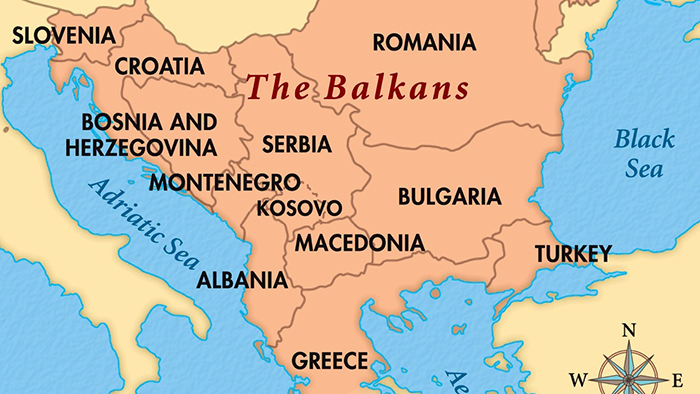 If you don’t know someone and are quick to label them negatively, are they to blame? Certainly not. Actually, if there is any fault in this situation, it should most probably lie with the one that’s reluctant to come to know the other, yet quick to judge them. If all this sounds like a bunch of gibberish to you, let me give you an example.
If you don’t know someone and are quick to label them negatively, are they to blame? Certainly not. Actually, if there is any fault in this situation, it should most probably lie with the one that’s reluctant to come to know the other, yet quick to judge them. If all this sounds like a bunch of gibberish to you, let me give you an example.
In January 2013, the British press had a very strange urge to present the UK public with a New Year’s gift of half-truths concerning the two latest additions to the European Union – Romania and Bulgaria. The sad example of scaremongering put many of us on edge with the prospect of the allegedly uneducated, arrogant Bulgarians and Romanians flooding the UK labour market and claiming income-related benefits.
A year later, there were quite a number of articles that updated the Brits on the news that only a small portion of the number of expected immigrants have actually arrived on the British Isles and, more importantly, the number has not really changed after the transitional controls were lifted on 1 January 2014. Not surprisingly, the UK newspapers weren’t so quick to admit their erroneous assumptions and discriminatory policies as they were to come out with them in the first place. But, hey, nobody cares about issuing an apology almost a year later, right?
I felt particularly ashamed when people I’d met on my travels in Romania and Bulgaria asked me why the Brits were prejudiced against them. I’m talking about honest, hard-working people, many of whom have master degrees and are qualified professionals. The hard task of justifying a discriminatory policy is even harder when you don’t believe in it and I surely didn’t. Knowing many successful people from those countries is not even necessary – applying some common sense, however, is. Just have a look at the size of the population of the two countries – the population of Romania is almost three times that of Bulgaria – and you’ll realise how different these are and how absurd coupling them is when speaking of the number of prospect immigrants to the UK?
But that was not the end of it. A similar situation arose in 2016. In the months leading to the referendum, Brexit supporters once again used the Balkans as a scare. Armed forces minister Penny Mordaunt blatantly called people from the five Balkan states to join the EU next “criminals”, “terrorists”, and “gangsters.” Seems like the unknown Balkans will be used as a scare indefinitely. Or at least until they become somewhat familiar.
Brexit may well be the single most destructive step in UK foreign policy. As for the representatives of the Balkan nations living in the UK, the future looks pretty grim. Those who have not joined yet and are working hard towards that dream are disappointed as they face delays, to say the least. Those who are in (Romania, Croatia, and Bulgaria) might have problems travelling to and working in the UK.
